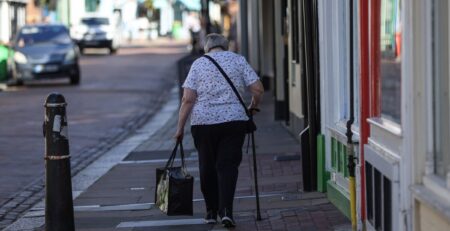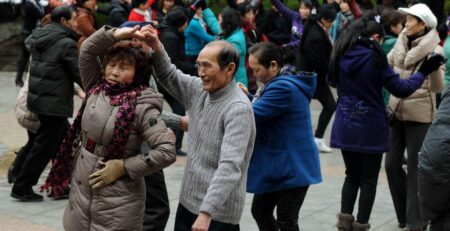US. What a Year Without Retirement Savings Can Do to Participant Outcomes
As americans faced financial hits related to the COVID-19 pandemic, their retirement savings might have suffered. Many employees were laid off or furloughed, and the Coronavirus Aid, Relief and Economic Security (CARES) Act made it possible for retirement plan participants to tap into their savings through increased distribution and loan amounts if they needed the money to make ends meet.
Read also Retirement Planning Not A Priority For New Zealanders
Fidelity Investments’ Pandemic Impact research, conducted last September, found employees were not only impacted by layoffs and furloughs during the pandemic, but that 5% stepped out from their jobs due to caregiving responsibilities. Nearly half (48%) of respondents said they or their spouse/partner were considering leaving work or reducing their current work hours. Women were two times as likely as men to make the decision to step out of the workforce due to caregiving responsibilities.
Read also Managing a Retirement Plan Doesn’t Have to Be a Headache
“The problem compounds because women tend to live longer and will need more to live on,” notes Wei Hu, vice president of financial research at Edelman Financial Engines.
Read also Jamaica. Senator proposes to scrap NIS contributory system
Aside from the pandemic, however, individuals might experience their own personal crises, and, in turn, stop saving for retirement or withdraw funds from their retirement plan accounts.
Ted Beal Jr., executive vice president with Equitable Advisors, says when a crisis happens—be it a personal loss of income or a spouse losing a job—“we see the innocence of people reacting to the moment.” People quickly turn to what they can do to manage their monthly cash flow and don’t realize the impact their actions may have, he says.
Read more @Plansponsor
282 views










